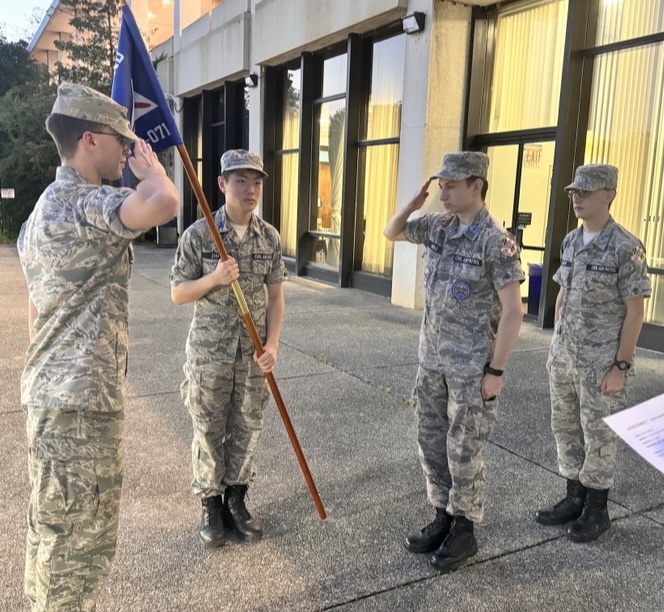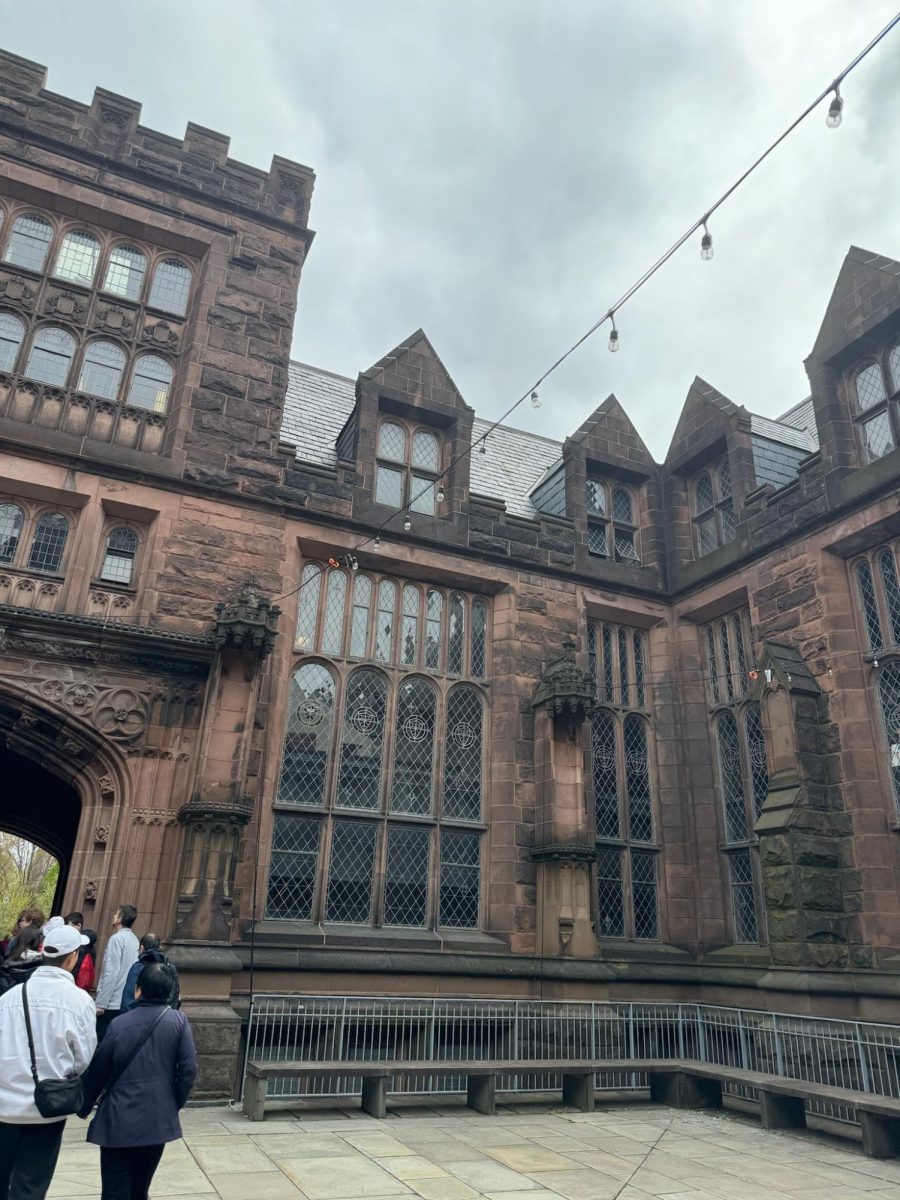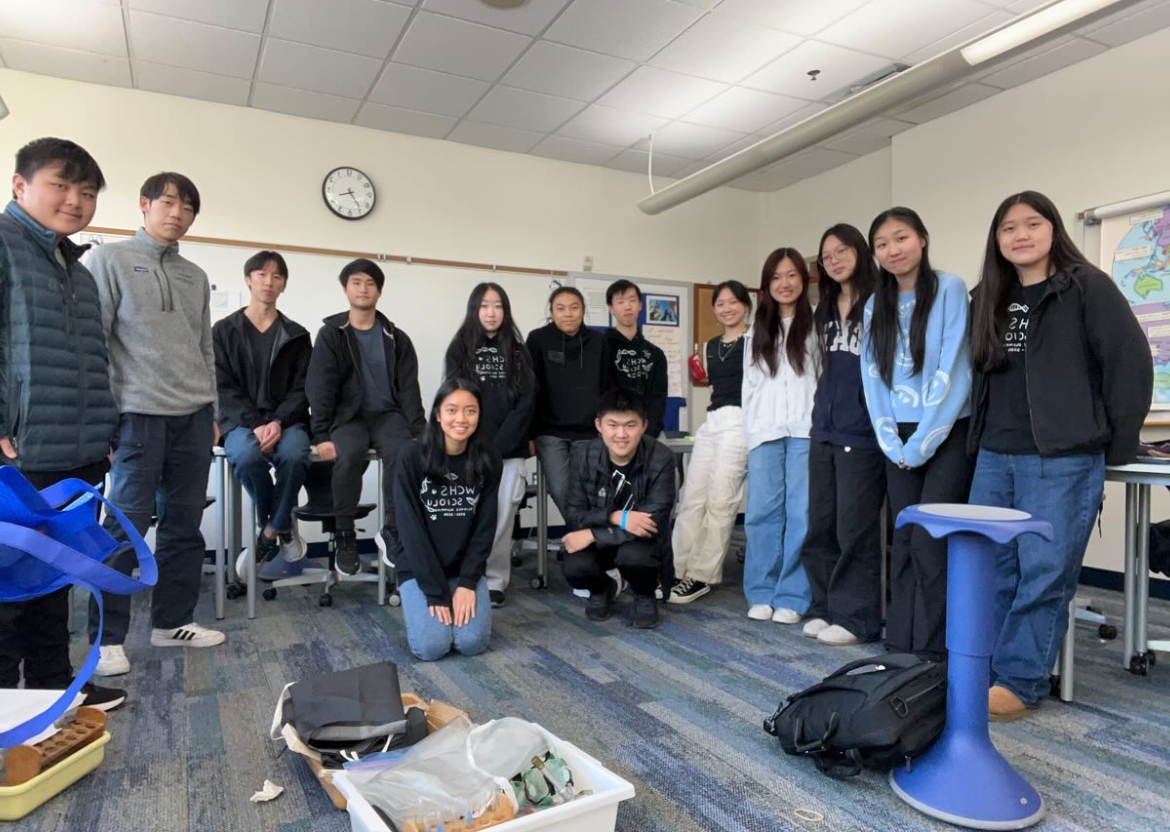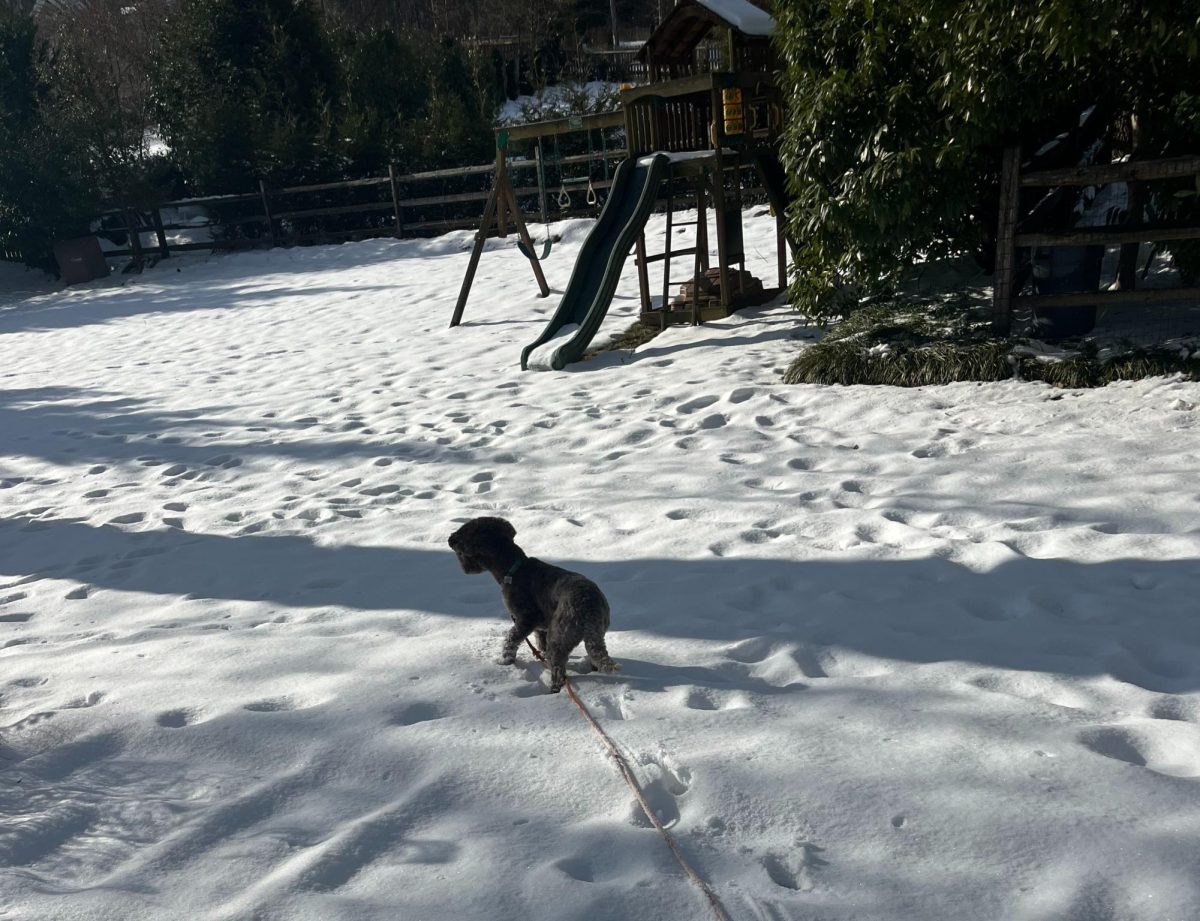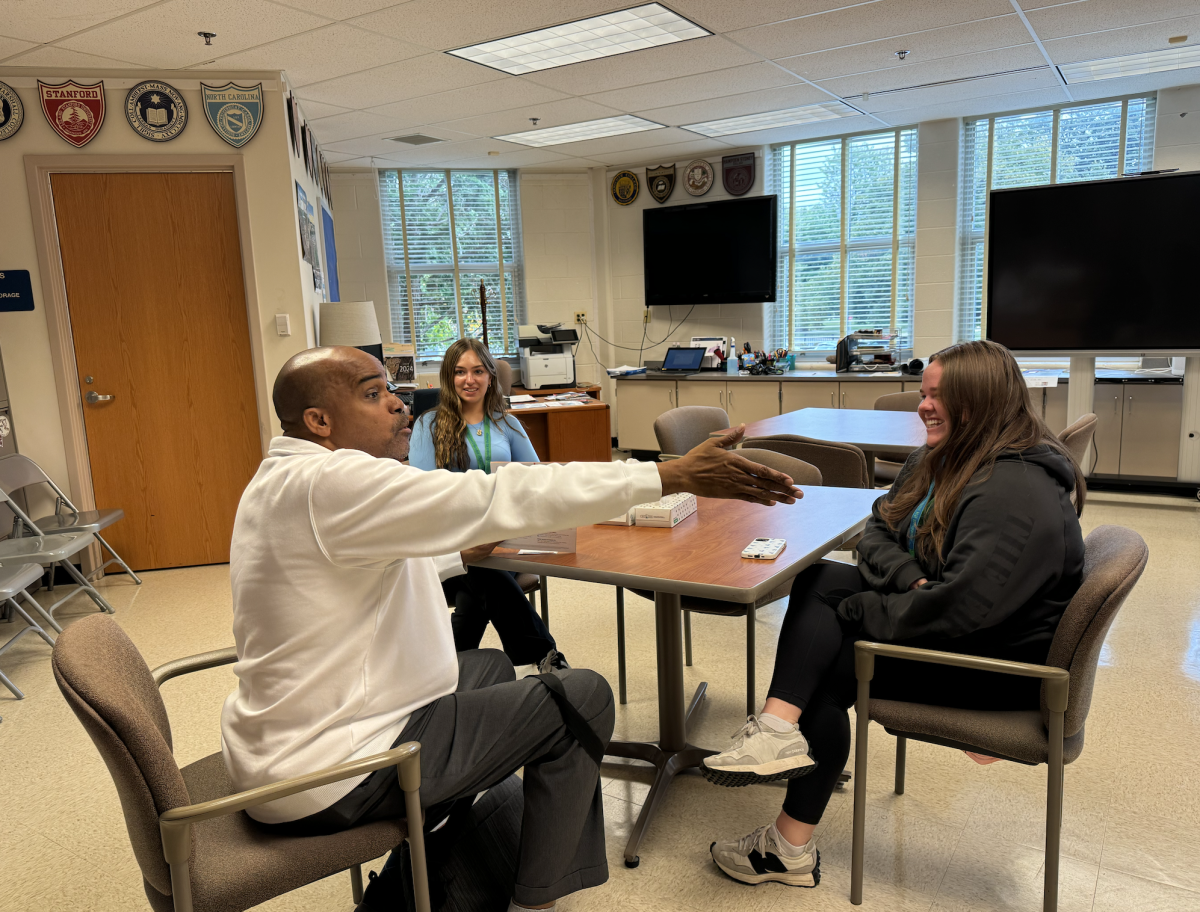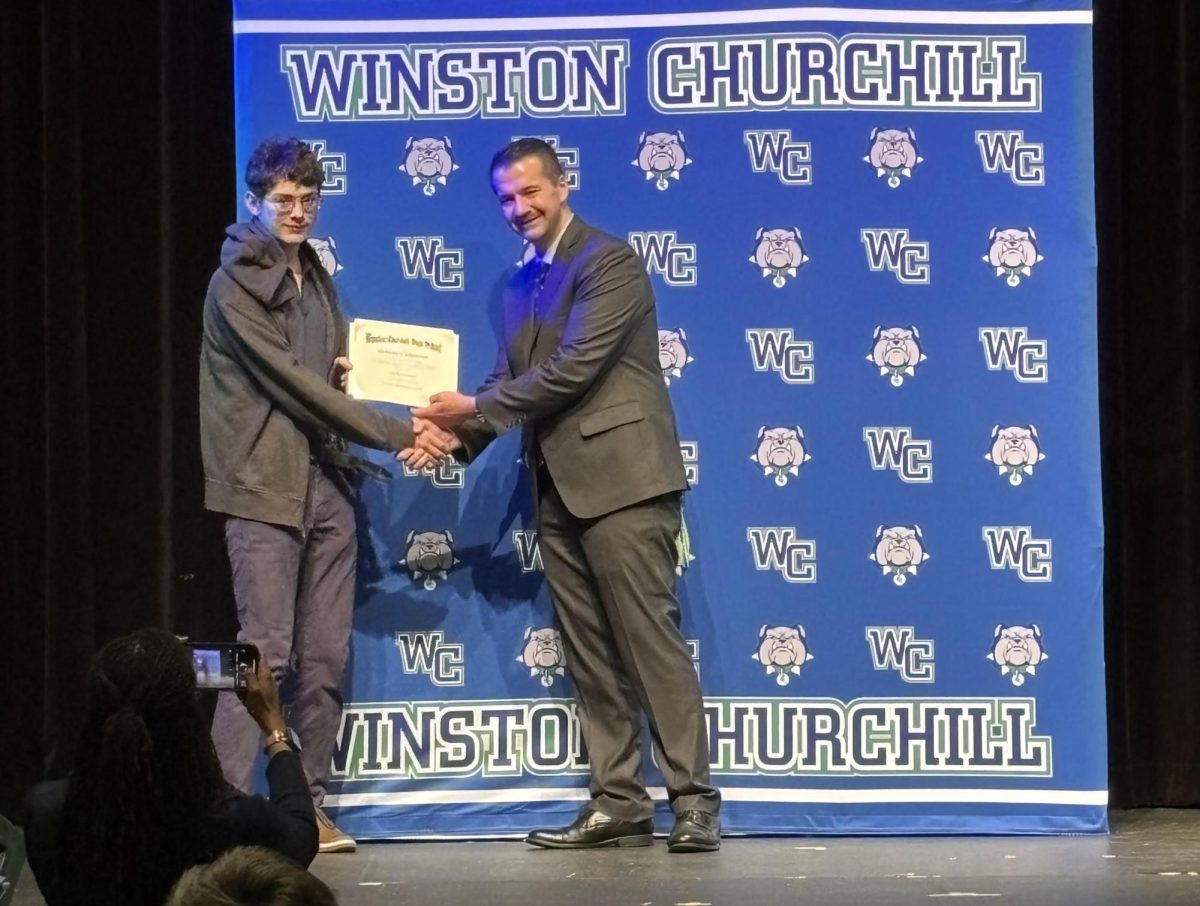At school, WCHS sophomore Aidan Rapp is known to his friends and teachers by his name. However, dressed in his full army fatigues, he is addressed and saluted as “Sergeant” by his squadron and other Civil Air Patrol (CAP) members. The Civil Air Patrol is an organization that plays a critical role in serving communities across the country including at one of their locations in Bethesda, Maryland. CAP was established in 1941 and serves as the official civilian reserve of the United States Air Force.
As stated in the Civil Air Patrol Maryland Wing website, CAP has three congressionally mandated missions: Aerospace Education, Cadet Programs and Emergency Services. Young people between the ages of 12 to 18 can join CAP as cadets to develop leadership skills and participate in physical fitness and community service while also making new friends. Additionally, cadets can learn more about aviation, science and technology to prepare themselves for a potential future in the military.
“There are many leadership opportunities in Civil Air Patrol like [being a part of] cadet staff who help lead the cadets, encampment cadre [cadet staff that help plan and organize encampment] and Cadet Advisory Council [a group of cadets that provide feedback to senior members to share insight into the “daily life” of a cadet],” Rapp said. “My favorite part of Civil Air Patrol is the friends you make in the program. My two friends Tudor and Justin initially convinced me to join the program and because of CAP, we’ve become closer friends. We spend quality time through new experiences and challenges.”
Joining the Civil Air Patrol can be an excellent pathway for high school students interested in a military career. Cadets have the opportunity to take on leadership roles within their squadrons as cadet officers by guiding lower-ranked cadets. Additionally, cadets can prepare for the military by familiarizing themselves with drills such as saluting an officer and getting into formation, along with other skills that are highly valued by the military.
“Civil Air Patrol helps you grow by allowing you to learn different skills like leadership, public speaking and aerospace,” Rapp said. “CAP helps you prepare for a military career in multiple ways, like how you become an officer in CAP and then if you enlist [in the army], you can skip ranks. Or if you wanted to go on to the Air Force Academy you already know basic drill and more.”
The Civil Air Patrol program gives cadets a sense of what it takes to be successful in the military both physically and mentally. CAP and other Junior Reserve Officers’ Training Corps (JROTC) programs introduce students to military life and can help students decide if they are right for the military. These programs show students that military rules have a purpose. Cadets learn discipline and structure through wearing uniforms, adhering to a chain of command and performing drills and ceremonies that reflect real military practices.
“JROTC programs simulate the army vibe. [Cadets] develop a sense of prestige because you are taught to value what to do,” WCHS science teacher and army veteran Jonathan Lee said. “A lot of students that go through their daily routine are just going through a routine. [Joining a program like JROTC or CAP] gives students a sense of purpose, which is a big part of the military, giving you that mentality that what you do matters.”
In CAP, peer leadership is encouraged, with cadets leading their fellow cadets through drills like marching in sync, further enhancing their leadership skills. Additionally, cadets frequently work in teams, where they learn to lead and follow as the situation demands. This collaborative environment teaches cadets the importance of listening to others and working together to achieve a common goal. These experiences help cadets understand that leadership is not just about giving orders but about fostering cooperation and empowering others.
“Civil Air Patrol helps give you experience working in a team whether you like them or not,” Rapp said. “It fosters teamwork by putting you through different difficult experiences with other cadets like encampment [which is a training event for cadets that fulfills the CAP mission].
However, CAP goes beyond just the military. It provides an enriched environment for teenagers to develop skills that are essential for success in any setting, military or civilian. CAP or any other JROTC program instills qualities such as responsibility, discipline and respect in high school students, allowing them to grow and become a better person overall.
“Since you are joining [CAP or a JROTC] program, there is a hope that the people running the program are holding you to a higher responsibility. There is the hope that you will come up to that [higher] level and maintain that level,” Lee said. “As you progress through the program, you gain more discipline and responsibilities. As you gain responsibility, you also gain more of an appreciation of a leadership role, so hopefully that allows you to become a better leader, or become more of a respected person.”


